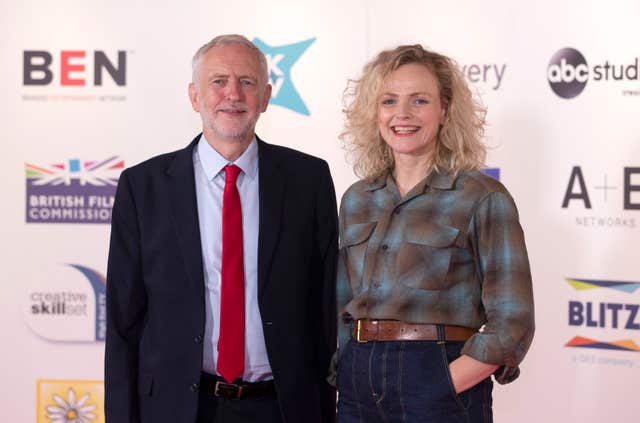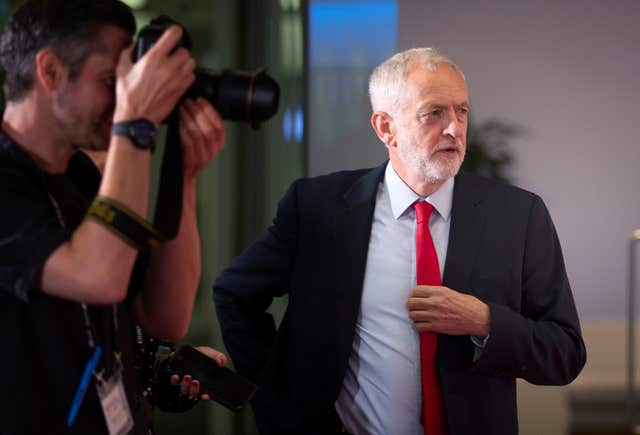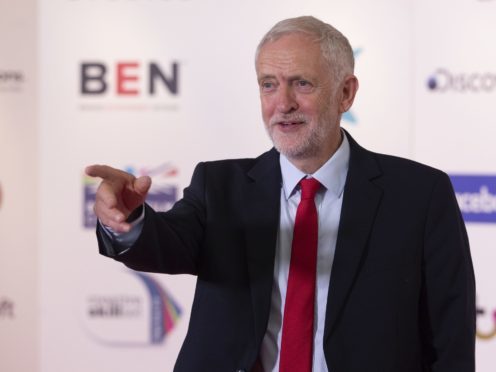Jeremy Corbyn has insisted his proposals for the media are not in retaliation for reports about anti-Semitism in the Labour party.
The leader of the opposition said he support journalists “who want us to have a strong and vibrant democracy”.
He also stressed that there is “no place” for anti-Semitism within society and added that he has spent his life “opposing anti-Semitism in any form”.

“This isn’t about any retribution or retaliation to anybody,” he told an audience in Edinburgh.
The Labour leader outlined a series of reforms for what he described as the “failing” news media in a speech at the Edinburgh TV Festival.
He spoke of a desire to “break the stranglehold of elite power and billionaire domination over large parts of our media”.
He floated proposals including the creation of an independent fund for public interest journalism paid for by tech giants and granting charitable status for some local, investigative journalism.
The Labour leader also raised the prospect of giving journalists the power to elect editors and having seats on boards for workers and consumers “when a title or programme gets particularly large and influential”.

Mr Corbyn was later questioned by a journalist on whether his proposals could be seen as an act of retaliation over they way traditional newspapers have “shone a light on anti-Semitism within the Labour Party”.
Mr Corbyn replied: “I simply say this. I want us to have a strong and vibrant democracy and I support journalists who want us to have a strong and vibrant democracy.
“This isn’t about any retribution or retaliation to anybody.
“I’ve spent my life fighting racism, I’ve spent my life opposing any form of racism. I’ve spent my life opposing anti-Semitism in any form. And that is exactly what my party is determined to achieve.”
A free press is essential to our democracy, but much of our press isn’t very free at all.
I want media workers to be free to do their best work, not held back by billionaire owners, tech giants or the state. #ChangeTheMedia
— Jeremy Corbyn (@jeremycorbyn) August 23, 2018
Mr Corbyn was also questioned by an audience member on the issue of free speech within discussions about Israel.
“What I want to have is the ability to have a legitimate, proper discussion and debate about Palestine, about Israel’s relationship with Palestine and about Israel’s policy in relation to Gaza, the West Bank, and the settlement policy,” he told the gathering, after delivering his Alternative MacTaggart Lecture.
“But that debate must never, ever be conducted in an atmosphere and use of anti-Semitic language or examples in any way.
“I think it is important that we frame our policies surrounding that. That is why my party’s mational executive has a very comprehensive code of conduct which we agreed at our last national executive meeting to ensure that those things are possible.
“There is no place for anti-Semitism whatsoever in our society.”
